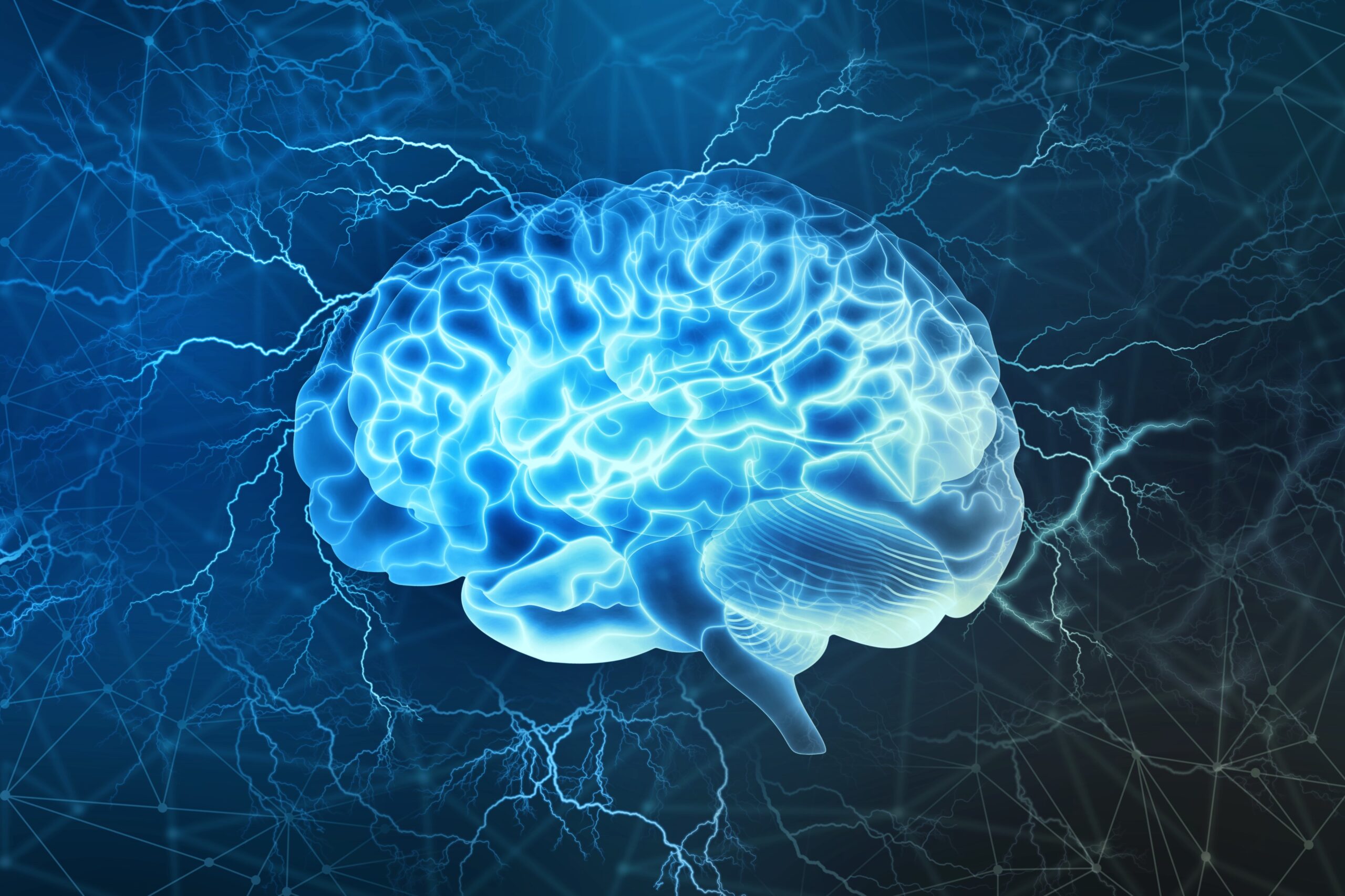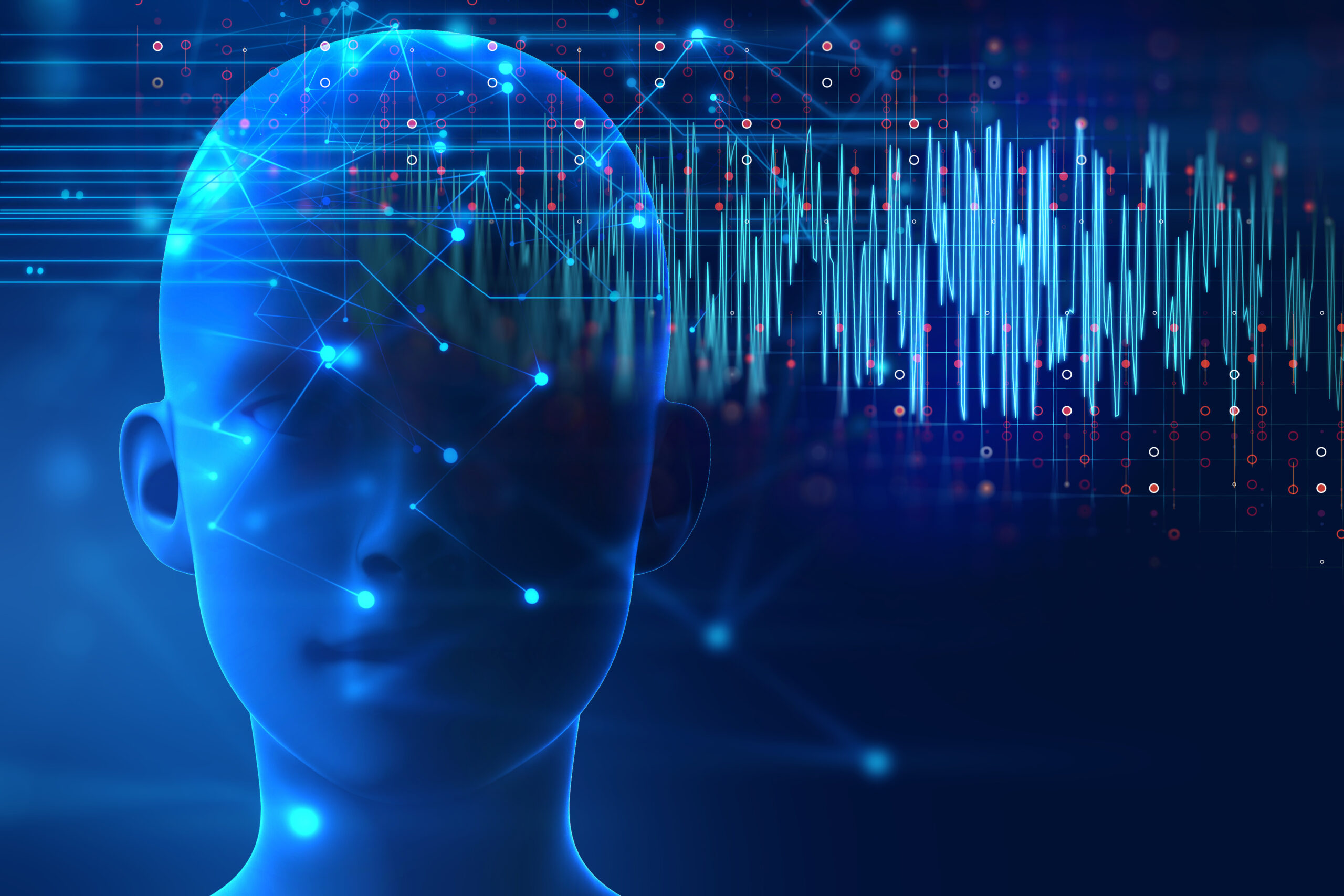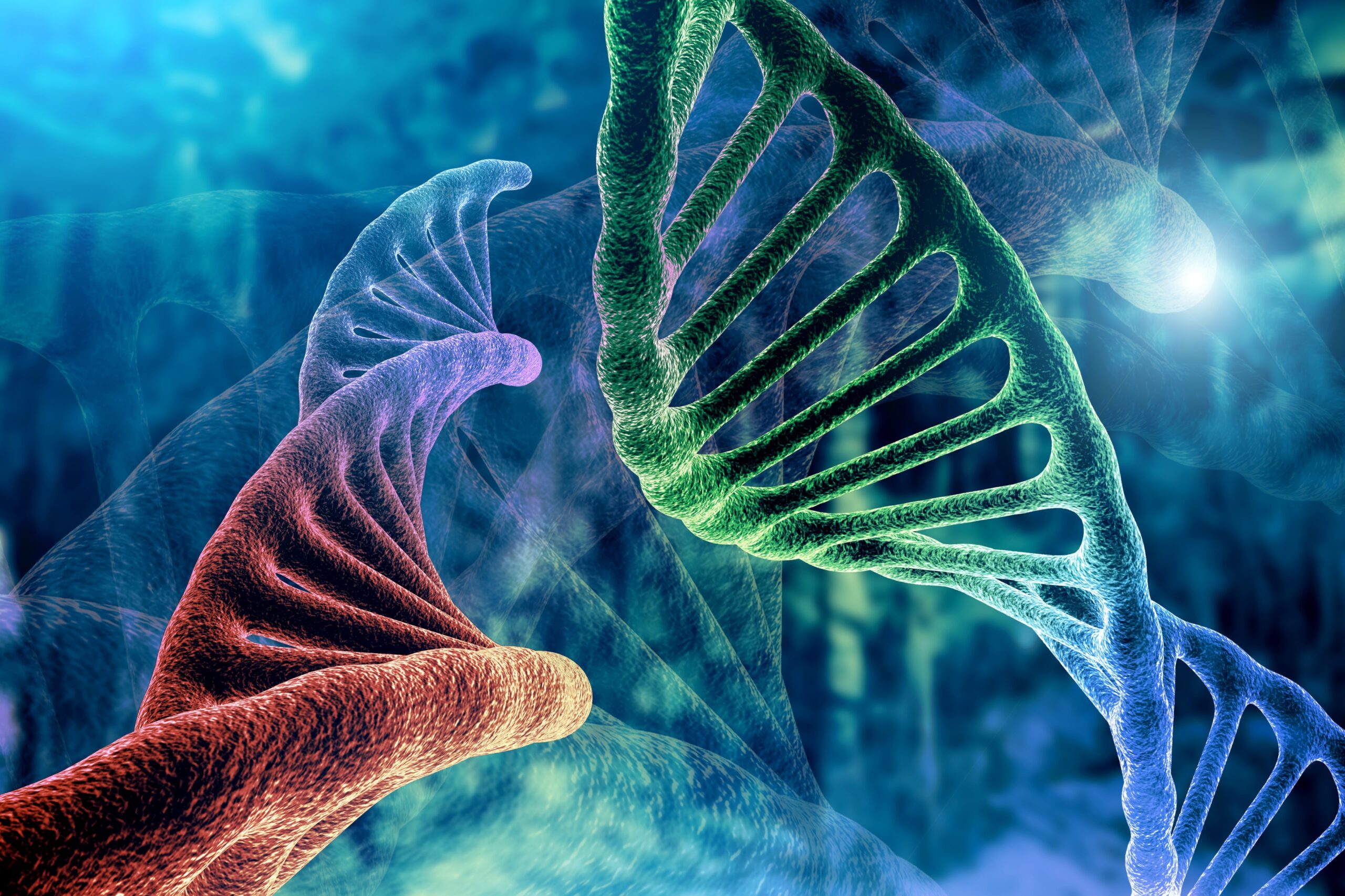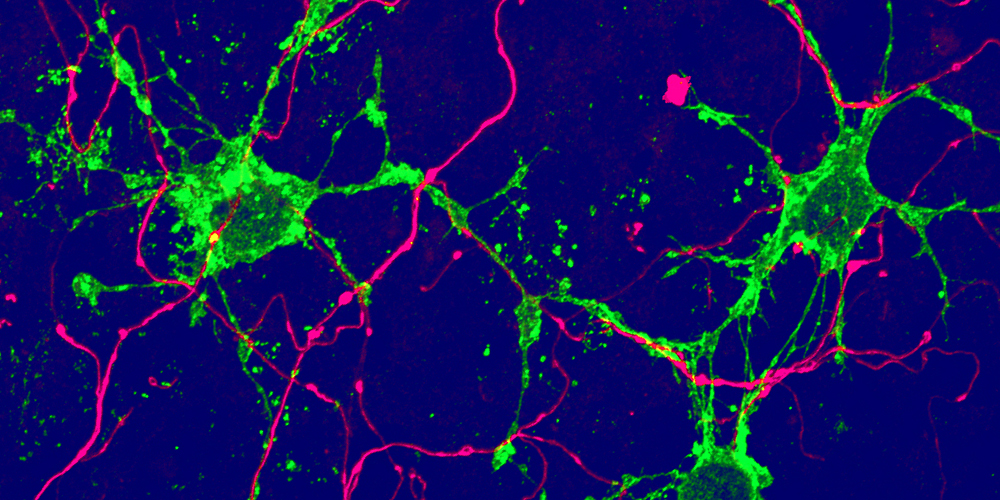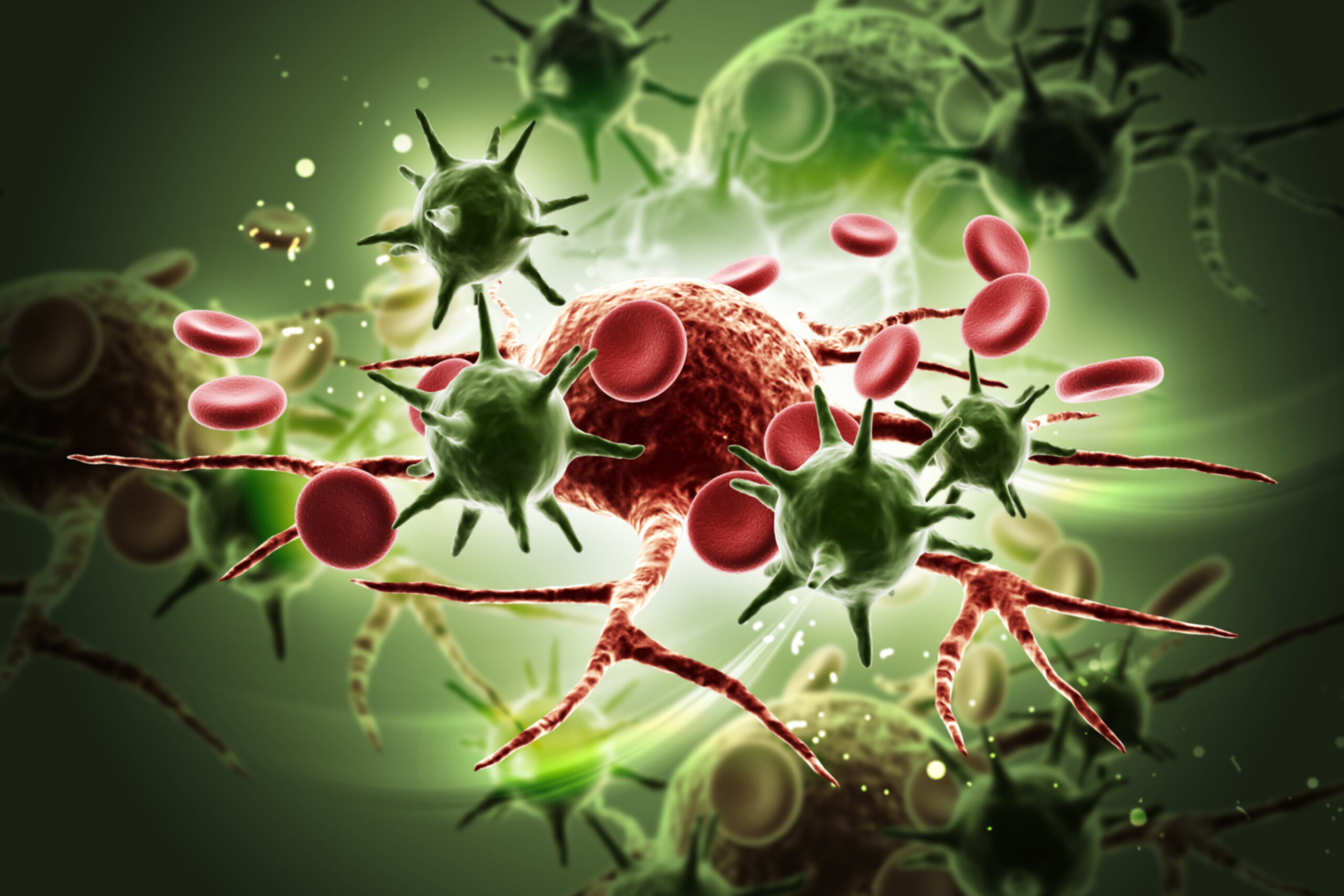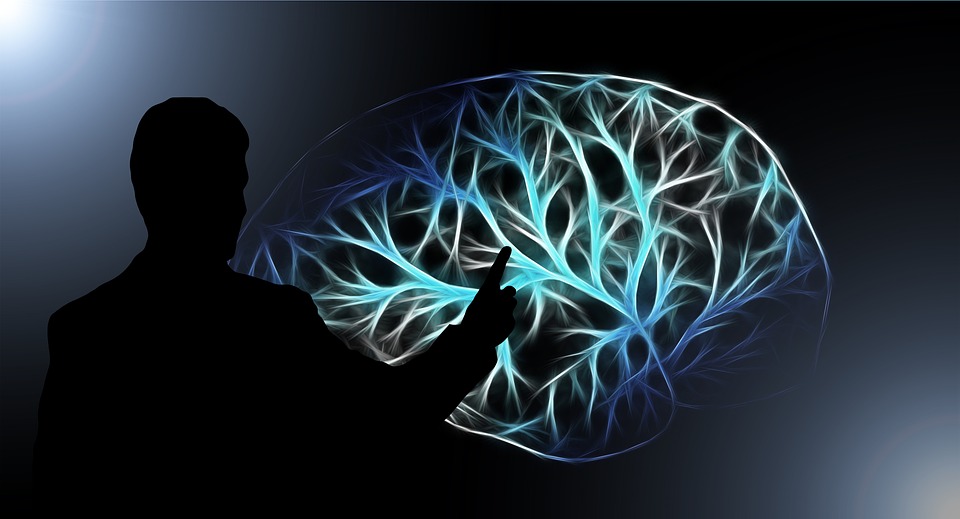How Music Can Prevent Cognitive Decline
According to a release from the University of Geneva, normal aging is associated with progressive cognitive decline. But can we train our brains to delay this process? A team from the University of Geneva (UNIGE), HES-SO Geneva and EPFL has discovered that practicing and listening to music can alter cognitive decline in healthy seniors by …



